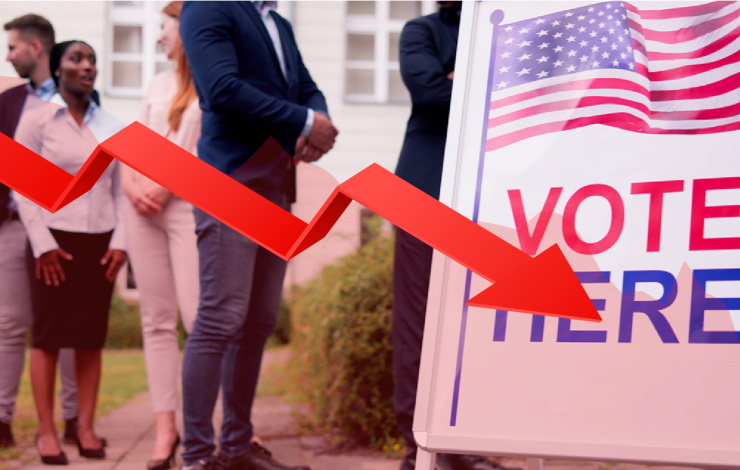

As a young child growing up in the Caribbean I enjoyed the benefits of the rule of law without any consciousness or awareness of its existence. I enjoyed all the joys and happiness of a young boy and was able to roam freely much of the time without any care or worry about my safety and well-being. I had a sense of always feeling safe except, for the occasional sting of a bee or wasp, or being bitten by an eel or pricked by the thorns of a sea urchin on the rugged sea bed of a volcanic island. As I grew older I started to become aware that the freedoms and happiness I enjoyed were the results of things other than the general protection of my parents, extended family, friends, and the wider community. Now I am much older I have become aware that there is “something” called the rule of law; something I have experienced throughout my entire youth without really knowing what it was called. Well not exactly true, for I guess I experienced it in many different ways, learnt about it through a variety of modalities, and was impacted by it in a myriad of circumstances, both consciously and unconsciously.
For me, the rule of law is a critical force in creating enabling environments for peace, prosperity, happiness, innovation and for unleashing the individual and collective creativity of persons and nations; and for minimizing and pushing back corruption, despotism, social exclusion, shattered dreams, wars and conflict. It is the scaffolding for modern societies, and something which humanity has aspired and fought to realize across every generation.
The rule of law in not an abstract or vague idea but rather the attainment of a peculiar state of being or state of mind achievable by every person regardless of class, colour, race, status, gender, and physical or mental ability. It is manifested when children learn the virtues of respect, empathy and patience, or learn how to dialogue rather than fight. It is something applicable to every facet of our lives from the cradle to the grave, and perhaps beyond. It has many faces and manifestations but ultimately it is that awareness and that certain knowledge and consciousness, that leads us all to a place of personal, spiritual and societal peace and security.
There is no one way to teach it; no one way to experience it; no one way to envision it; and no one way to live it. Nevertheless, we know when it is present and feel the effects when it is absent. In fact we yearn for it unceasingly as it gives meaning to our lives and empowers one generation after the other. It becomes reality when a traffic warden gives us directions and we comply; or when we vote in elections; or when we choose dialogue over conflict; or when young people say no to drug abuse and violence, and say yes to a healthy lifestyle.
The Rule of Law has always been a beacon of hope for a better tomorrow for generations past, present and future. It is the modality through which aspirations are best achieved, and through which dreams may become reality. It also provides the right environment for ideas to flourish and compete; for differences of opinions to be expressed in a productive manner; for virtues such as patience, sacrifice and optimism to flourish; and for young people everywhere to display resilience and an aversion to corruption, greed and bribery. When lodges, secret societies, lobbyists, companies and political parties seek to usurp and pervert the authority of the state for their own narrow interests only an unswerving commitment to the rule of law will lead to redemption.
It is no wonder then that generations have fought to achieve and preserve the rule of law and give it meaning in their lives. It is the ideal which binds the farmer, teacher, nurse, police, judge, engineer, activist, and social groups of every kind, in a bond of friendship and peace. It is what facilitates and enables the exchange of knowledge between the young and the old, and within and across generations. It is without question the hope of generations.